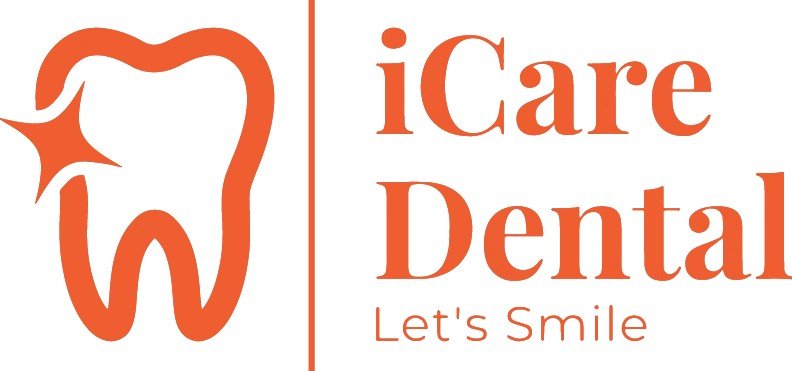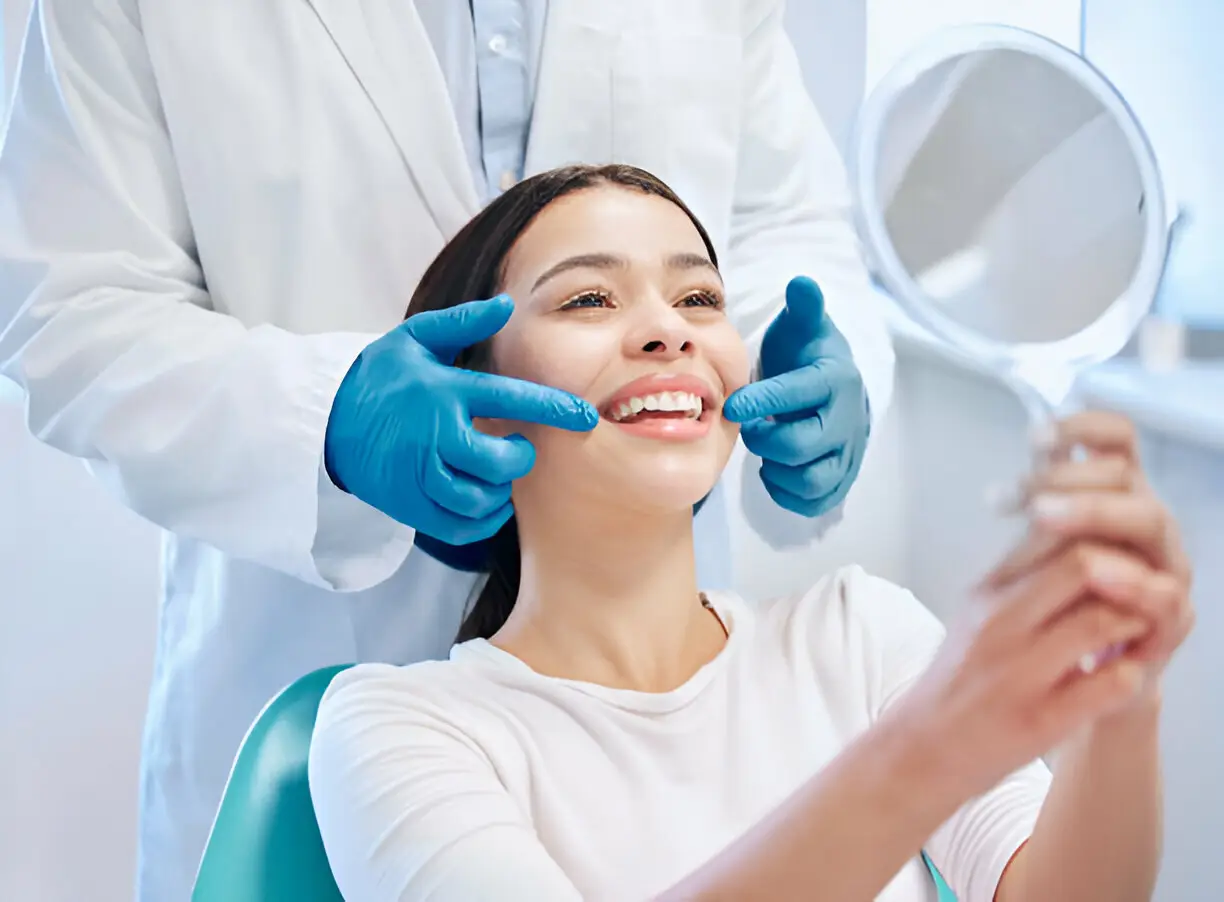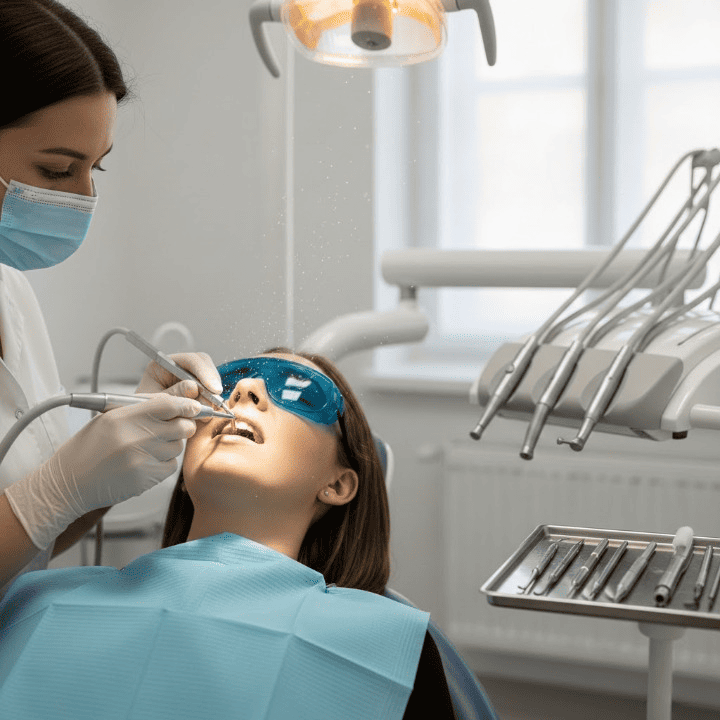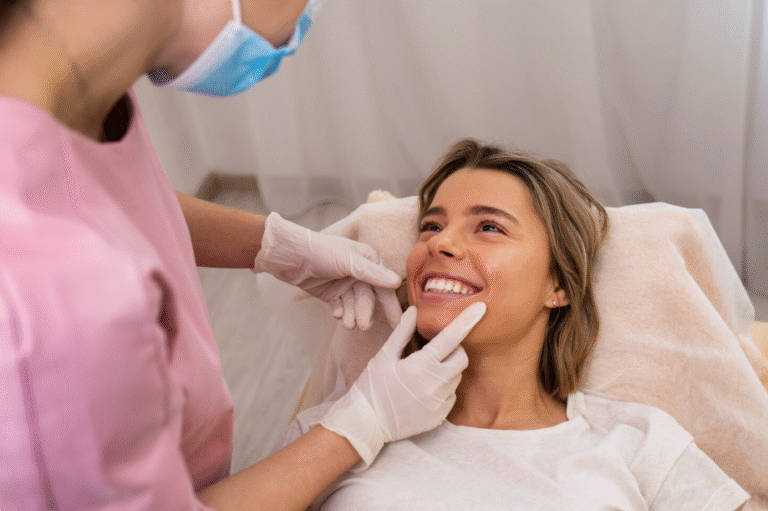Personal hygiene is a cornerstone of health and well-being. From brushing your teeth to washing your hands, maintaining good hygiene protects against illnesses, enhances self-esteem, and sets the foundation for a better quality of life. This blog explores the significance of personal hygiene, essential habits to adopt, and how they contribute to a healthier lifestyle.
Why Personal Hygiene Matters
Good personal hygiene is not just about appearances—it directly impacts physical and mental health. Here’s why it’s crucial:
- Regular hand washing, oral care, and cleanliness help reduce the risk of infections caused by bacteria and viruses.
- Feeling clean and fresh fosters confidence in social and professional settings.
- Establishing a hygiene routine can bring a sense of structure and control, reducing stress and anxiety.
- Proper hygiene makes it easier to form and maintain relationships by ensuring a pleasant presence.
Essential Personal Hygiene Habits
To maintain optimal hygiene, incorporate the following practices into your daily routine:
1. Hand Hygiene
- Wash your hands with soap and water for at least 20 seconds, especially after using the restroom, handling food, or touching high-contact surfaces.
- Use hand sanitiser with at least 60% alcohol when soap isn’t available.
2. Oral Care
- Brush your teeth twice a day using fluoride toothpaste and replace your toothbrush every 3–4 months.
- Floss daily to remove food particles and plaque that brushing can’t reach.
- Visit your dentist for check-ups every six months.
3. Bathing and Skin Care
- Shower or bathe daily to remove sweat, dirt, and bacteria from your skin.
- Use a gentle cleanser suitable for your skin type to prevent irritation.
- Apply moisturiser to keep your skin hydrated and healthy.
4. Hair and Scalp Care
- Wash your hair regularly, depending on your hair type, to prevent build-up and dandruff.
- Avoid sharing combs or hair accessories to minimise the risk of lice or infections.
5. Nail Hygiene
- Keep your nails trimmed and clean to prevent the accumulation of dirt and germs.
- Avoid biting your nails, as it can lead to infections and poor nail health.
6. Clothing and Footwear
- Wear clean clothes daily and launder them after use to remove sweat and odours.
- Keep your footwear clean and alternate pairs to allow proper ventilation.
- Hygiene Tips for a Healthier Lifestyle
Drink plenty of water daily to flush out toxins and maintain healthy, clear skin. - Eat a balanced diet rich in vitamins and minerals to support the health of your skin, teeth, and nails.
- Follow a consistent sleep schedule and keep your bedding clean to improve rest and recovery.
- Pay extra attention to hygiene during menstruation, pregnancy, or illness for added comfort and care.
The Role of Hygiene in Preventing Disease
Practising good hygiene is a simple yet powerful way to protect yourself and others from various illnesses. Regular hand washing is one of the most effective defences against the spread of common colds and flu. By thoroughly cleaning your hands, especially after coughing, sneezing, or touching contaminated surfaces, you can significantly reduce the transmission of harmful viruses.
In the kitchen, hygiene plays a vital role in preventing gastrointestinal infections. Washing your hands before handling food, cleaning kitchen surfaces, and properly storing perishables help minimise the risk of foodborne illnesses. These small yet essential steps ensure the food you consume is safe and free from harmful bacteria.
Hygiene also protects the skin from infections and irritations. A daily shower removes sweat, dirt, and bacteria that can accumulate and lead to conditions like acne, rashes, or fungal infections. Wearing clean clothes further reduces the risk of skin-related problems, ensuring your skin remains healthy and refreshed. By prioritising these hygiene habits, you create a safer, healthier environment for yourself and those around you.
Conclusion: Small Steps, Big Impact
Personal hygiene is not just about keeping clean—it’s a powerful tool for protecting your health and fostering well-being. By adopting simple yet effective hygiene habits, you can prevent illnesses, boost your confidence, and enjoy a healthier, more fulfilling life. Start with small changes today and see the transformative impact they bring to your daily routine.
FAQs
Q1. How often should I wash my hands?
You should wash your hands before meals, after using the restroom, and after touching any unclean surfaces.
Q2. Can poor hygiene cause mental health issues?
Yes, neglecting hygiene can lead to social isolation, low self-esteem, and increased stress, affecting mental health over time.
Q3. Why is oral hygiene essential?
Oral hygiene prevents cavities, gum disease, and bad breath while promoting overall health.
Q4. How can I encourage my child to maintain good hygiene?
Make hygiene fun with rewards, colourful products, and interactive lessons to motivate children to adopt healthy habits.





